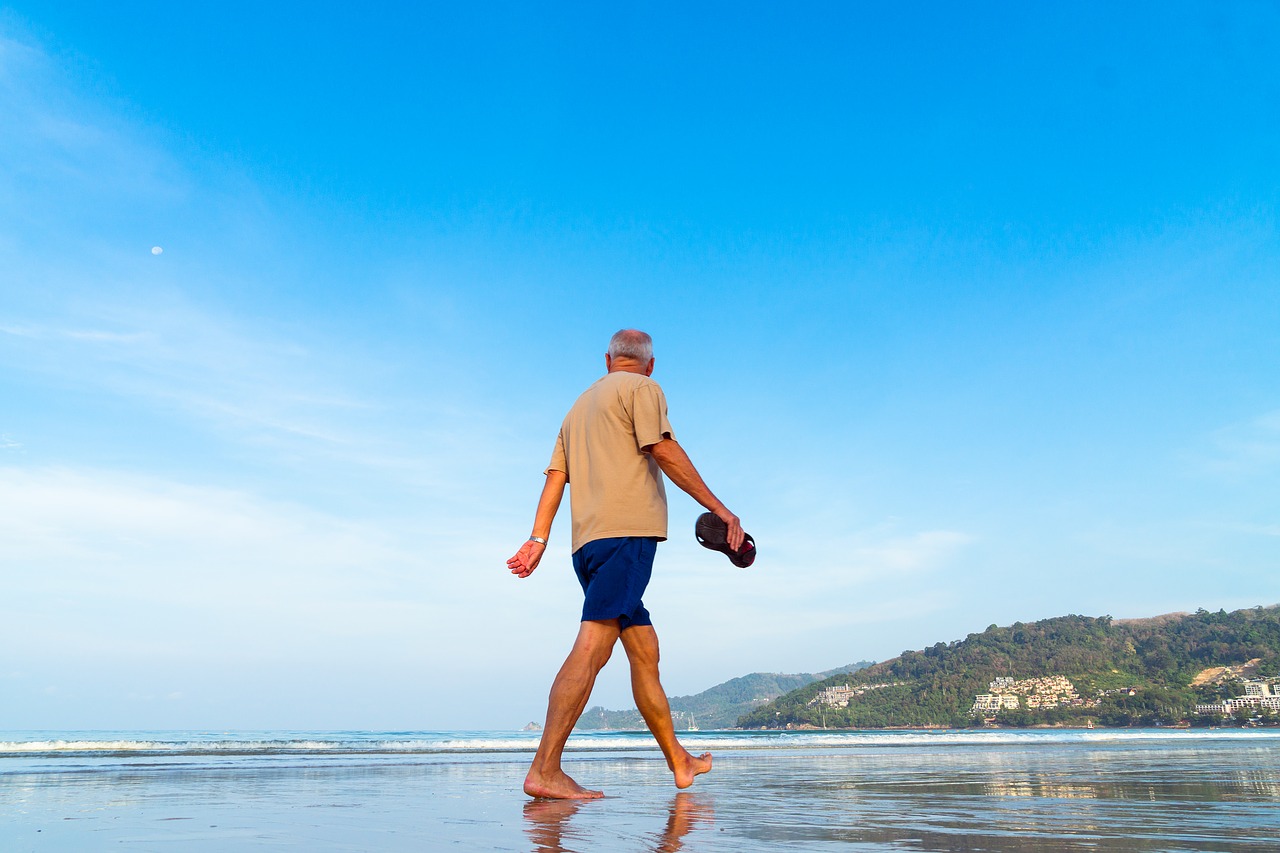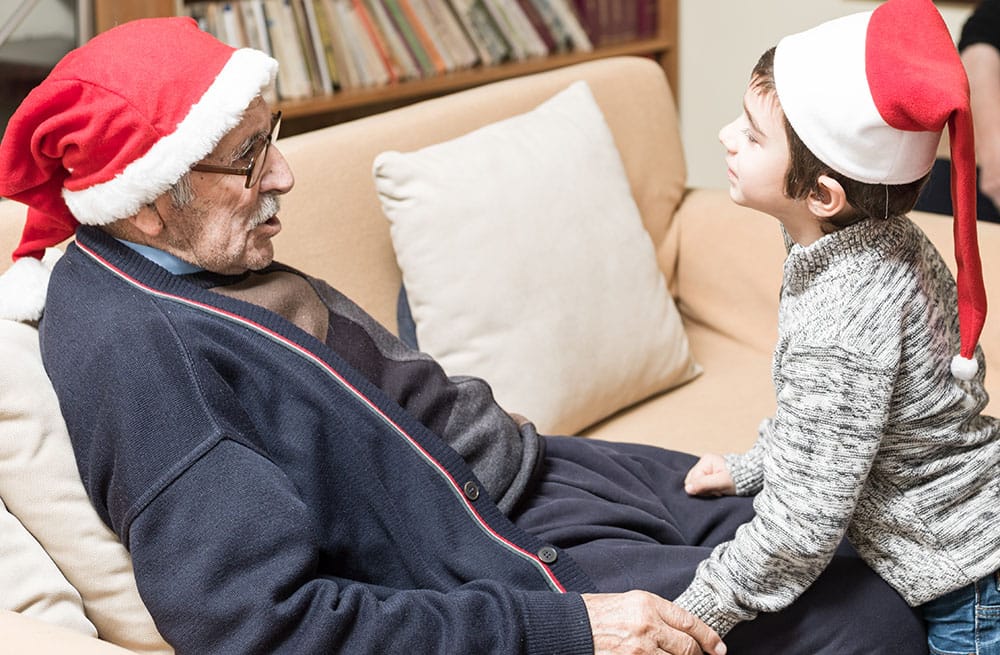Heat and Heart Disease: Summer Care Tips for Seniors

With summer comes many outdoor activities and opportunities for fun. It also means the rising of body temperatures, which causes the heart to pump blood faster to keep a person cool. For people with heart disease, it’s more important during summer than any other season to take extra care of their heart health.
As temperatures continue to rise throughout July and beyond, keep an eye out for the following. The signs may and may not be obvious that it’s time to wind down, take a break, and cool off.
Hydration
The high temperatures of the season naturally make it easier to become dehydrated. For people who are living with heart disease and are over the age of 50, becoming dehydrated will put unnecessary strain on the heart. It’s important to take extra precautionary steps to hydrate the body.
Carry a water bottle and frequently take drinks. Better yet, calculate how much water will be needed for the day. Gatorade and healthy juices are also good choices. Additionally, watch out for alcoholic beverages. These can lead to dehydration when too much is consumed.
Certain foods can significantly help the body's daily fluid needs as well – and many of them just so happen to be summertime favorites. Foods such as watermelon, cold soup, and salads that have fruits in them can help to provide extra hydration.
Maintaining Body Temperature
For people taking heart disease medications, it is important to be careful with how much exercise and time is spent outdoors. Certain medications can magnify the body’s response to heat exposure, making it difficult for the body to cope with the high temperatures.
A few of those medications include, but are not limited to:
- Beta blockers and ace inhibitors: medications that help reduce blood pressure by blocking adrenaline
- Diuretics or water pills: increases how much water and salt is expelled from the body through urine
- Digoxin: used to treat an injured or weakened heart by improving the heart’s ability to pump blood
- Angiotensin II receptor blockers (ARBs): used to lower blood pressure for people with heart failure by widening blood vessels to allow blood to flow more easily
What to Wear
When getting ready for any type of outdoor physical activity, It’s important to dress accordingly as an added precaution. Try stocking the closet with lightweight and light colored clothing made from cotton, which will keep the body cooler.
Buying ventilated sneakers and socks will soak up perspiration and keep feet from getting clammy, and it’s always a good idea to keep sunscreen and a hat around to protect your head and exposed skin.
It’s important to note that if a person feels that they need to keep their body inside and cool for the day, that’s just fine. Don’t force it.
Heatstroke, Heat Exhaustion, & Heart Disease
Anyone can experience a heatstroke or heat exhaustion. However, those living with heart disease are much more likely to experience them. This is because their heart can’t work as hard to keep the body cool. Some of the common heart disease medications listed above, as mentioned, can lesson water in one’s bloodstream. This reduction of water combined with not drinking enough can ultimately lead to one of these two occurrences.
Heatstroke may often occur as an isolated incident in high temperatures, but heat exhaustion is a result of many days in the heat and can go unnoticed for a period of time.
In the event that exhaustion strikes, it is recommended to remove any heavy clothing and drink fluids. If possible, one should take a cool bath, shower, or sit next to a fan while applying a cold towel or ice pack to their forehead.
If a person is experiencing a heat stroke, remove them from the heat and lay them down on their back with their legs and feet slightly elevated. As with heat exhaustion, remove any heavy clothing and have the individual drink fluids.
Crossroads Hospice & Palliative Care works with heart disease patients every day and we hope to see them remain safe this summer. For more information on heart disease and hospice, please call us at 1-888-564-3405.
If you found this information helpful, please share it with your network and community.
Copyright © 2017 Crossroads Hospice & Palliative Care. All rights reserved.



